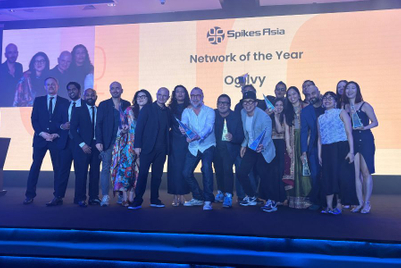
Not too long ago, articles like this one about an Indian man sending 182,689 messages a month, were commonplace. However, in 2010 smartphones equipped with IP-based messaging programmes like WhatsApp, iMessage, and Blackberry Messenger carved away nearly 6 per cent, or US$8.7 billion, of mobile operator SMS revenue, according to Ovum. That figure rose to 9 per cent in 2011 and is likely to go on climbing.
"Social messaging has disrupted traditional services, and operators' revenues in this area will come under increasing pressure,” said Neha Dharia, consumer analyst at Ovum and the author of the report. “Tapping into the creativity of app developers, forming industry-wide collaborations, and leveraging their usage data and strong relationships with subscribers are the key ways for operators to ensure that they hold their ground in the messaging market.”
Dharia advises operators not to view social messaging as a threat but rather an opportunity. "Operators are in a position of strength because they control the entire messaging structure through their access to the user's phone number and usage data," he said. "The established billing relationship is a great advantage, as is the fact that operators control to a great extent the services to which the user is exposed.”
But creative messaging services and instituting data caps won't be enough to offset the loss unless telcos and mobile developers collaborate and cooperate, Dharia cautioned. Telcos are no longer competing only among themselves, but with major Internet players and handset vendors, he concluded.


.jpg&h=334&w=500&q=100&v=20250320&c=1)

+(1).jpg&h=334&w=500&q=100&v=20250320&c=1)
.jpg&h=334&w=500&q=100&v=20250320&c=1)

.jpg&h=334&w=500&q=100&v=20250320&c=1)

.jpeg&h=334&w=500&q=100&v=20250320&c=1)
.jpg&h=334&w=500&q=100&v=20250320&c=1)


.jpg&h=268&w=401&q=100&v=20250320&c=1)





